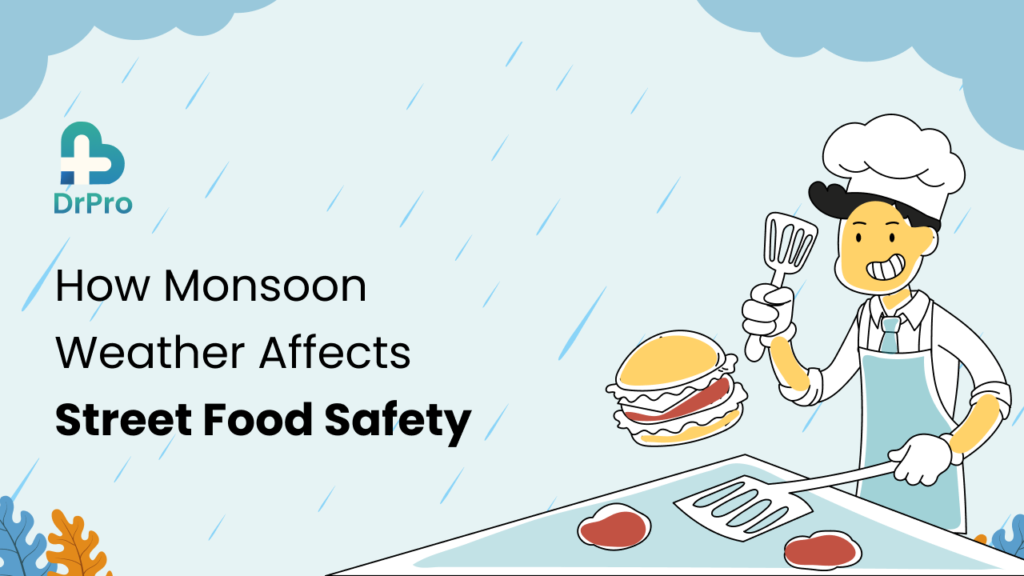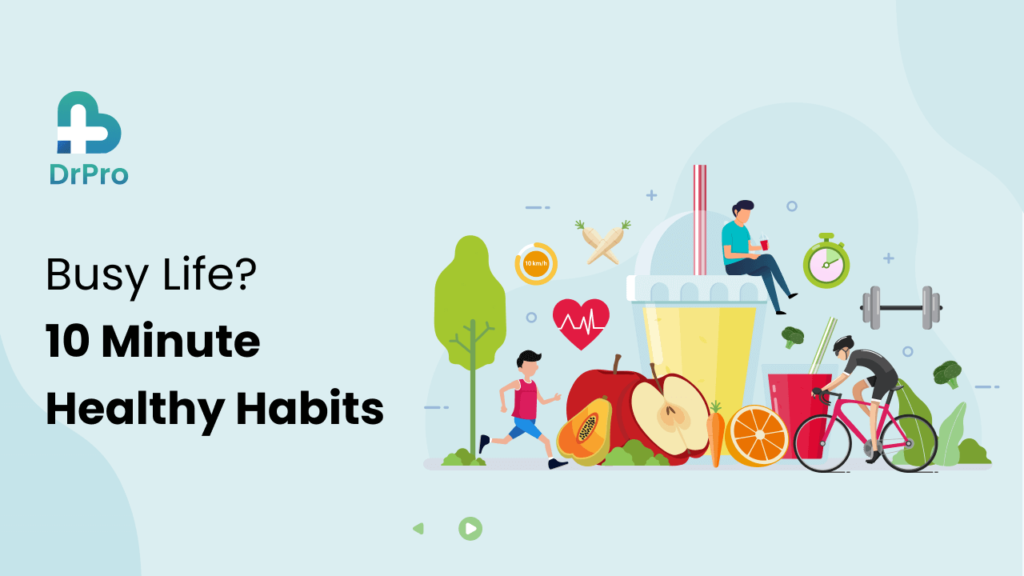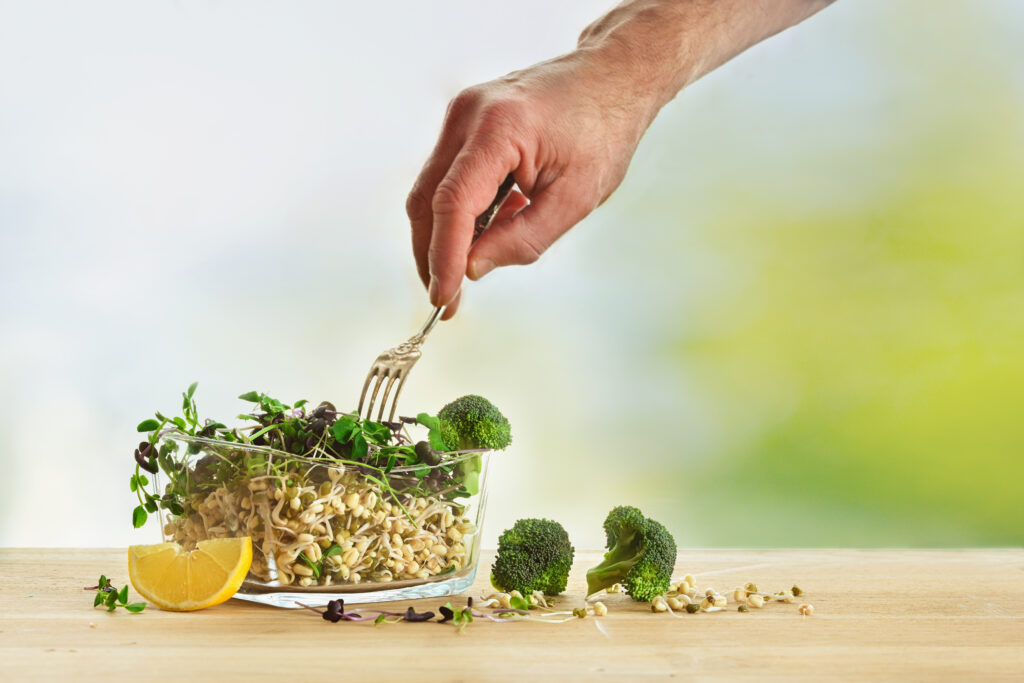
How Monsoon Weather Affects Street Food Safety
Quick Summary Street food is influenced by the monsoon season, especially in terms of safety and quality. Higher levels of humidity, rainfall, and floods which are inevitable in the rainy season lead to the production of hazardous bacteria that are dangerous to the lives of consumers. This article focuses on monsoon weather on street food and the problem it presents; challenges of food safety and what precautions should be taken by street food vendors to ensure food safety is achieved during monsoon weather. Introduction Street food is an integral part of many cultures, providing quick and affordable meals. However, the monsoon season can compromise its safety. However, the safety of street food can be a suspect during the monsoon season. Extremely wet weather conditions, high humidity levels, and water logging prevent bacterial growth and thus pollute the foodstuff. Due to poor refrigeration and washing provisions in the vending area during monsoon, it becomes very important to know how this type of weather affects food hygiene and what precautionary steps must be taken to avoid foodborne illness. The Impact of Monsoon Weather on Food Safety Humidity and Temperature Fluctuations: Dampness fosters bacteria, mold, and fungal growth and rodent or insect infestations, as well as increases the risk of dampness. Seasonal variations affect refrigeration and cool air circulation in the kitchen thereby making it hard to store small perishables at correct temperatures. Water Contamination: Water, especially rainwater, is a source of infection that causes accounting of pathogens in foods and surfaces used in cooking. Rivers can contaminate the food supply through floods since pollutants can be easily carried to the food by water, according to the sources of drinking water containing open drains or stagnant water. Follow our DrPro Wellness for more hygienic content and stay updated with the latest health and wellness information. Persistent food safety issues during the Monsoon Weather include; Inadequate Food Preservation: Most of the street vendors have no way of keeping food cool during the monsoon, hence the question of food safety comes in. This means that spoilage can happen rather more quickly and there is an increased likelihood of serving out-of-date or indeed tainted food. Limited Access to Clean Water: Face masks can also be a challenge to wear, wash, and provide to the vendors during heavy rains because water interferes with the supply of clean water for washing utensils and foodstuffs. Impure water is usually the cause of waterborne diseases like cholera and typhoid among the population. Increased Risk of Vector-Borne Diseases: The general conditions associated with monsoons are likely to cause irritants such as mosquitoes, which contribute to diseases that otherwise affect food hygiene. Foodborne diseases can be conveyed through contaminated food which is not good for the health of the public. Preventive Measures for Street Food Vendors Proper Food Handling Practices: Vendors should be required to wash their hands and cover their hands with gloves whenever they handling food. Some food hazards can be prevented by cleaning and sanitizing equipment used in cooking and cleaning working surfaces. Storage and Preservation Techniques: He should pack the perishable foods in air-tight containers and ensure that these containers are put at a certain distance from the ground to avoid coming into contact with water. We could save temperature for the perishable foods by using ice and coolers. Water Quality Management: Food preparation and cleaning requirements should therefore guarantee the availability of clean water to the vendors. Some types of pathogens can be removed by boiling water or treating water before using it. Understanding and recognition of consumers Recognizing Safe Street Food: The government and health advocates should encourage the consumers to opt for safe areas to source street foods which should be prepare fresh and normally hot. Community awareness can lead people to ensure that any unhygienic situation is reported or any food-borne disease discontent is report. Promoting Safe Eating Practices: Educating consumers on the risks of consuming street food during the monsoon and encouraging them to choose reputable vendors can help mitigate health risks. Providing information on the importance of proper food handling and hygiene can empower consumers to make safer choices. Conclusion The monsoon season presents unique challenges for street food safety. With the right knowledge, practices, and public awareness, both vendors and consumers can work together to minimize health risks associated with street food during this time. By implementing proper food handling practices, ensuring access to clean water, and fostering consumer education, we can enjoy the vibrant culture of street food while keeping health and safety a priority. During the monsoon season, ensuring the safety of street food becomes a challenge due to increased humidity, rainfall, and water contamination, which heightens the risk of foodborne illnesses. DrPro’s clinic management system plays a crucial role in promoting food safety by offering real-time tracking of health conditions and managing patient data efficiently. This helps healthcare providers quickly address food-relate illnesses during the rainy season and ensures that health risks are minimize. With DrPro, clinics can maintain better patient care, streamline processes, and safeguard public health during critical times like the monsoon. FAQs 1. How does monsoon weather affect the quality of street food? Monsoon weather increases humidity and rainfall, creating conditions that promote the growth of bacteria and fungi, leading to food spoilage and contamination. 2. What are the common health risks associate with street food during Monsoon Weather? Common health risks include foodborne illnesses caused by contaminated food and water, such as cholera, typhoid, and gastroenteritis, as well as vector-borne diseases from increased pests. 3. How can street vendors ensure food safety during the Monsoon Weather? Vendors can ensure food safety by maintaining proper food handling practices, using airtight containers for storage, ensuring access to clean water, and regularly sanitizing cooking equipment. 4. What should consumers look for when buying street food during the Monsoon Weather? Consumers should look for freshly cooked food served in hot, clean, and well-maintained stalls, and vendors who follow good hygiene practices. 5. Are there specific foods that are safer


